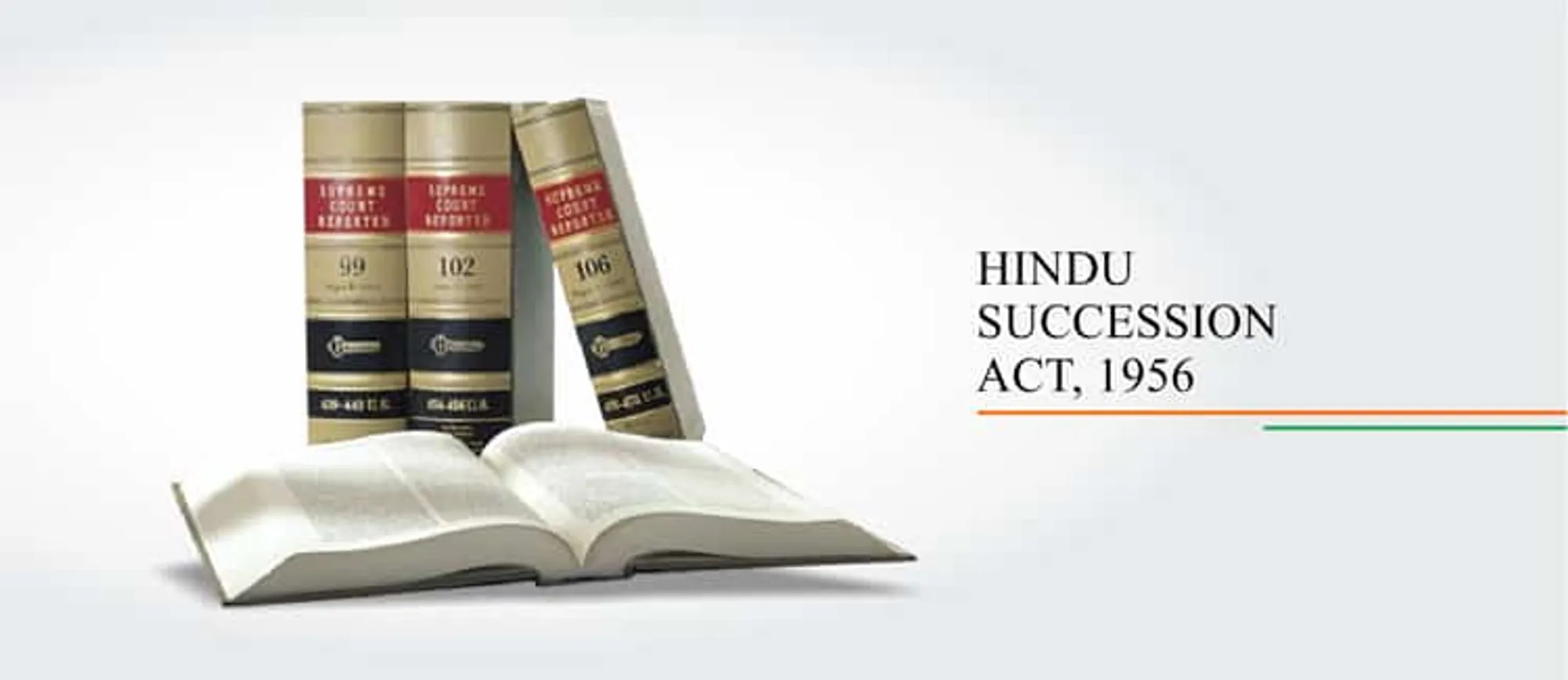This act attempts to amend and codify the law related to intestate or un-willed succession amongst Hindus, Sikhs, Jains and Buddhists. According to the provisions of the act, upon the death of a Hindu male, who died intestate, the property is passed on to the Class 1 heirs and if these are not present, then to the Class 2 heirs. If both categories are absent, then the property is given to the “Agnates” (distant blood relatives of male lineage) and if these are no present either then to the “Cognates” (distant blood relatives of the male or female lineage). However, if even these are not present, then the estate is passed on to the government.
The Class 1 heirs include:
- Son/Daughter
- Widow
- Mother
- Son/Daughter of a pre-deceased Son
- Son/Daughter of a pre-deceased Daughter
- Widow of a pre-deceased Son
- Son/Daughter of a pre-deceased son of a pre-deceased son (3 levels)
- Widow of a pre-deceased Son of a pre-deceased Son
The Class 2 heirs include:
- Father
- (i) Son’s Daughter’s Son
(ii) Son’s Daughter’s Daughter
(iii) Brother
(iv) Sister
Amongst various others, these are some of the Class 2 heirs.
In case there is a death of a Hindu female intestate, the property will devolve in the following order:
- Upon the Sons and Daughters and the Husband
- Upon the heirs of the Husband
- Upon the Mother and Father
- Upon the heirs of the Father and
- Upon the heirs of the Mother
If any person commits murder, they cannot claim inheritance from the victim. A person who converts to some other religion will qualify to claim inheritance but his/her descendants can’t do so until they are re-converted to Hinduism. Moreover, if a widow remarries, she cannot claim her inheritance in her husband’s property, though the children can.
The Hindu Succession Act was also amended Section 6 of the 1956 Act, that now allowed daughters to claim equal rights as the sons. Before the enactment of the Succession Act in 1956, inheritance laws were governed by “Shastric” and Customary laws that varied from region to region. Under the Mitakshara school of Hindu Law, a woman in the Hindu household only had the right to maintenance but not inheritance in the property. Also, it was only the sons who were considered coparceners (that is someone on whom inheritance lands from their ancestors), however now, the daughters and sons both inherit equal property and so, share the same liabilities and disabilities. This step taken by the court is definitely a game changer in case of a balanced legal system, where rights and duties are shared equally, irrespective of the sex of an individual.
Furthermore, the Hindu Law does not differentiate between adopted children and children with whom a bloodline is shared. This means that the adopted children also have an equal claim over the property as the others.

